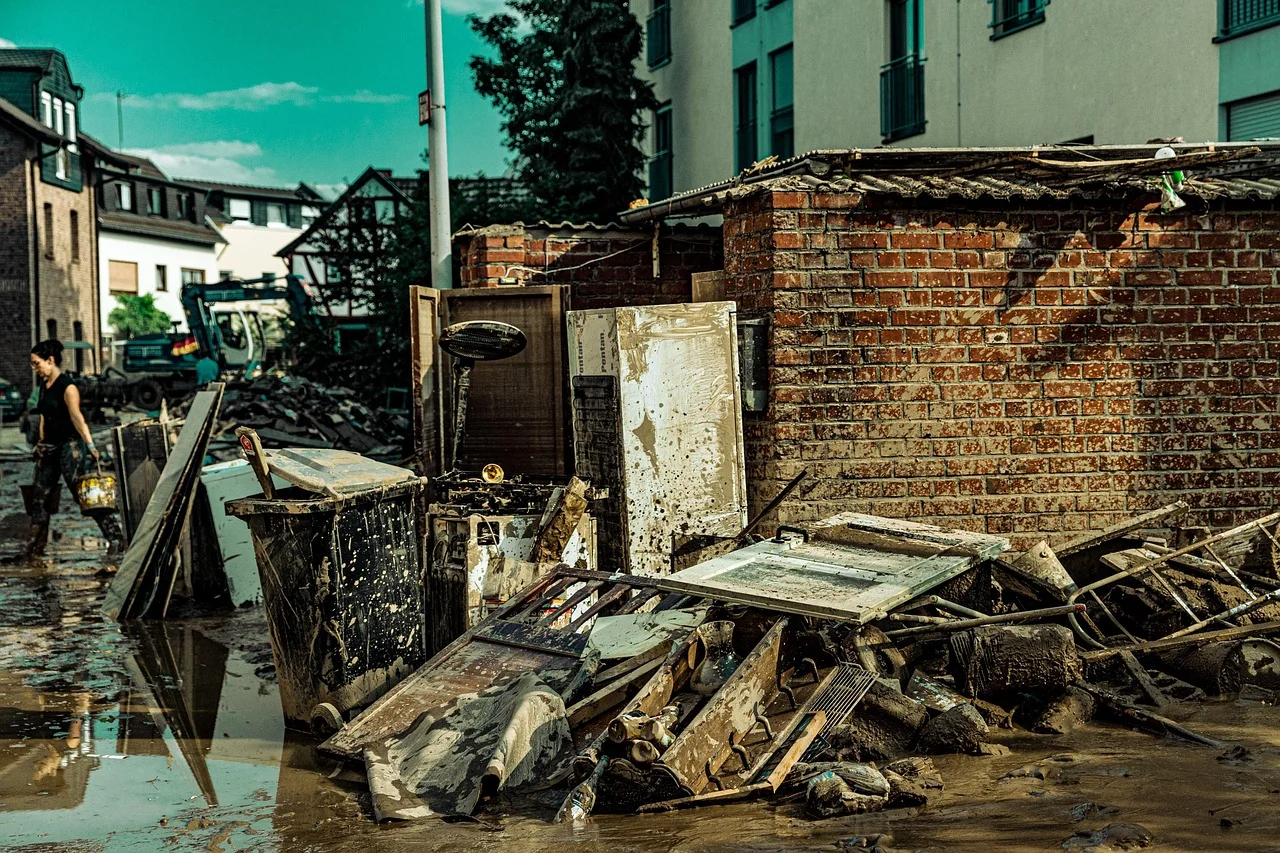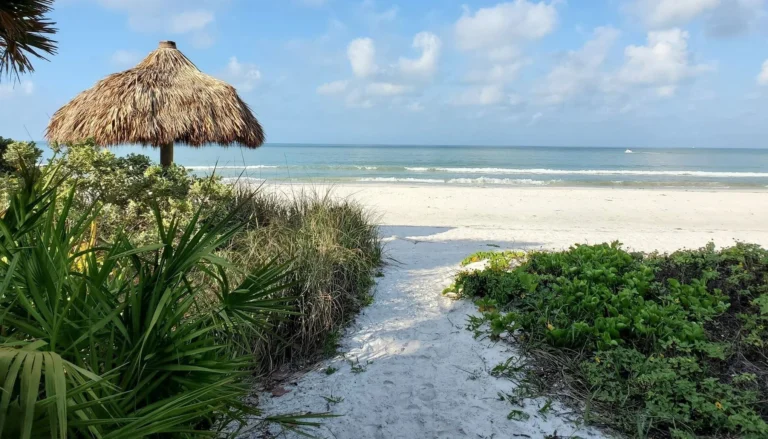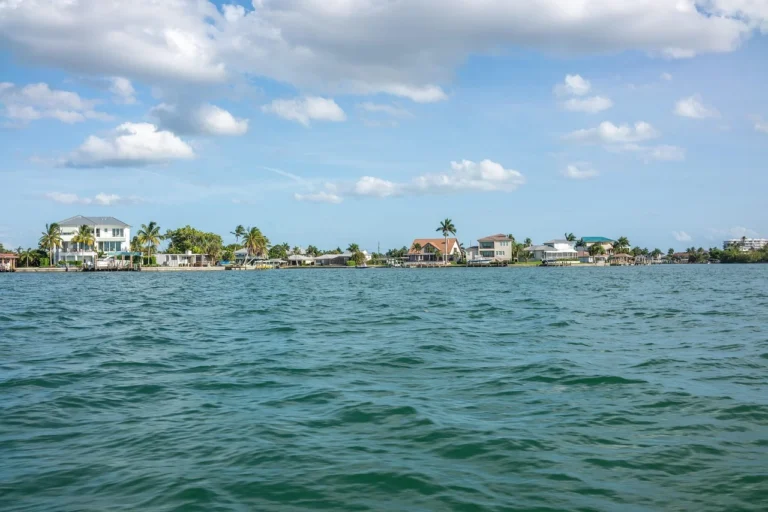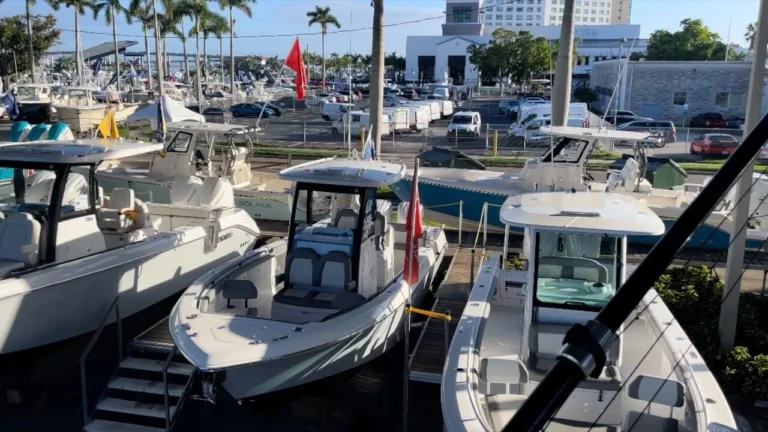Fort Myers Faces Historic Flooding: Community Struggles to Recover
How Much Flooding in Fort Myers: Understanding the Impact and Prevention
Have you ever wondered how much flooding in Fort Myers truly affects the community? Or how it shapes our environment, economy, and daily lives? Flooding is not just a seasonal inconvenience; it is a significant concern that can impact everything from property values to personal safety. In this article, we’ll dive deep into the causes, consequences, and prevention measures of flooding in Fort Myers, providing you with a comprehensive understanding of this pressing issue.
The Reality of Flooding in Fort Myers
Flooding in Fort Myers has become a frequent and worrying phenomenon, particularly during hurricane season. With an average annual rainfall of around 54 inches, accumulated rainwater often overwhelms local drainage systems, leading to significant flooding in various neighborhoods. Factors contributing to this flooding include rising sea levels, excessive rain, urban development, and the increasingly unpredictable patterns of climate change.
Why Does Flooding Occur?
Flooding can stem from a variety of sources, each playing a critical role in the overall picture.
Natural Factors
-
- Heavy Rainfall: Heavy downpours can lead to flash floods quickly, especially in low-lying areas that cannot absorb water effectively.
-
- Hurricanes and Tropical Storms: Florida is no stranger to hurricanes. These storms bring torrential rains and storm surges, which can inundate coastal cities like Fort Myers.
-
- Rising Sea Levels: As global temperatures rise, polar ice melts, causing sea levels to creep higher. Fort Myers, being a coastal city, is particularly vulnerable to this gradual encroachment.
Human Impact
-
- Urbanization: As Fort Myers grows, natural landscapes are replaced with concrete, reducing the earth’s ability to absorb water. This exacerbates flooding.
-
- Poor Drainage Systems: Many areas still utilize outdated drainage systems that cannot cope with the high volume of water during extreme weather events.
-
- Deforestation: Reduced vegetation means less absorption of rainwater. As development continues, the risk of flooding increases.
The Consequences of Flooding
Flooding doesn’t just affect homes and infrastructure; it has a far-reaching impact on the community.
Economic Impact
Flooded areas often see a drop in property values. Homes affected by inundation may face expensive repair bills, and businesses may suffer losses due to temporary closures. According to reports, economic damages can often escalate into the millions after significant flooding events.
Environmental Concerns
Flooding can disrupt ecosystems, leading to erosion, habitat destruction, and water contamination. Pollutants from streets and properties can run into waterways, affecting wildlife and drinking water supplies.
Health Risks
After floods, areas can become breeding grounds for mosquitoes, leading to outbreaks of diseases. Additionally, mold can grow rapidly in moist environments, posing serious health risks for residents.
Must Read: Exploring North Fort Myers: A Hidden Gem of Florida Living
Flood Preparedness and Mitigation Strategies
If you live in Fort Myers or are considering a move here, understanding how to prepare for flooding is essential. Local authorities, along with community organizations, are taking steps to mitigate flooding risks.
Community Initiatives
-
- Improved Drainage Systems: The city has been investing in infrastructure upgrades to manage stormwater more effectively.
-
- Preserving Green Spaces: Efforts are underway to maintain wetlands and parks, as they absorb excess rainwater and help prevent flooding.
-
- Public Education: Communities are being educated about flood risks, preparing for emergencies, and creating evacuation plans.
Individual Preparedness
-
- Home Improvements: Installing sump pumps or elevating homes can help reduce the risk of flood damage.
-
- Emergency Kits: Prepare a kit that includes essentials like food, water, medications, and important documents in case of an evacuation.
-
- Stay Informed: Monitor weather forecasts and local news for flood warnings and advice on when to evacuate.
Related: Who Has the Prettiest Beaches in Florida? A Comprehensive Guide to the Sunshine State’s Coastal Gems
Conclusion
Flooding in Fort Myers is a reality that affects us all in various ways. Understanding its causes, implications, and preventive measures is crucial for residents and newcomers alike. By being informed and taking necessary precautions, we can work together to mitigate the risks associated with flooding in our beautiful city.
We would love to hear your thoughts! How do you prepare for flooding? Share your feedback in the comments below.
FAQ Section
1. How often does Fort Myers experience flooding?
Fort Myers experiences flooding primarily during hurricane season, which runs from June to November, but heavy rainfall can lead to flooding at any time of the year.
2. What areas of Fort Myers are most prone to flooding?
Low-lying neighborhoods and areas near coastal waters are particularly vulnerable. Historical data often points to parts of downtown and near the Caloosahatchee River.
3. What should I do if my home floods?
Immediately evacuate if necessary and contact emergency services. Once the situation is safe, document damage for insurance claims and begin cleanup once it’s safe to do so.
4. Are there government programs to assist with flood damage?
Yes, various federal and state programs offer financial assistance for flooding-related damages, including FEMA aid for qualified applicants.
5. How can I find more information on flood risks in my area?
You can check local government websites, FEMA resources, or the National Flood Insurance Program for specific risk assessments and flood zone maps.
Trusted Sources
https://www.fema.gov
https://www.weather.gov
https://www.ncdc.noaa.gov
https://www.nhc.noaa.gov
https://www.usgs.gov







